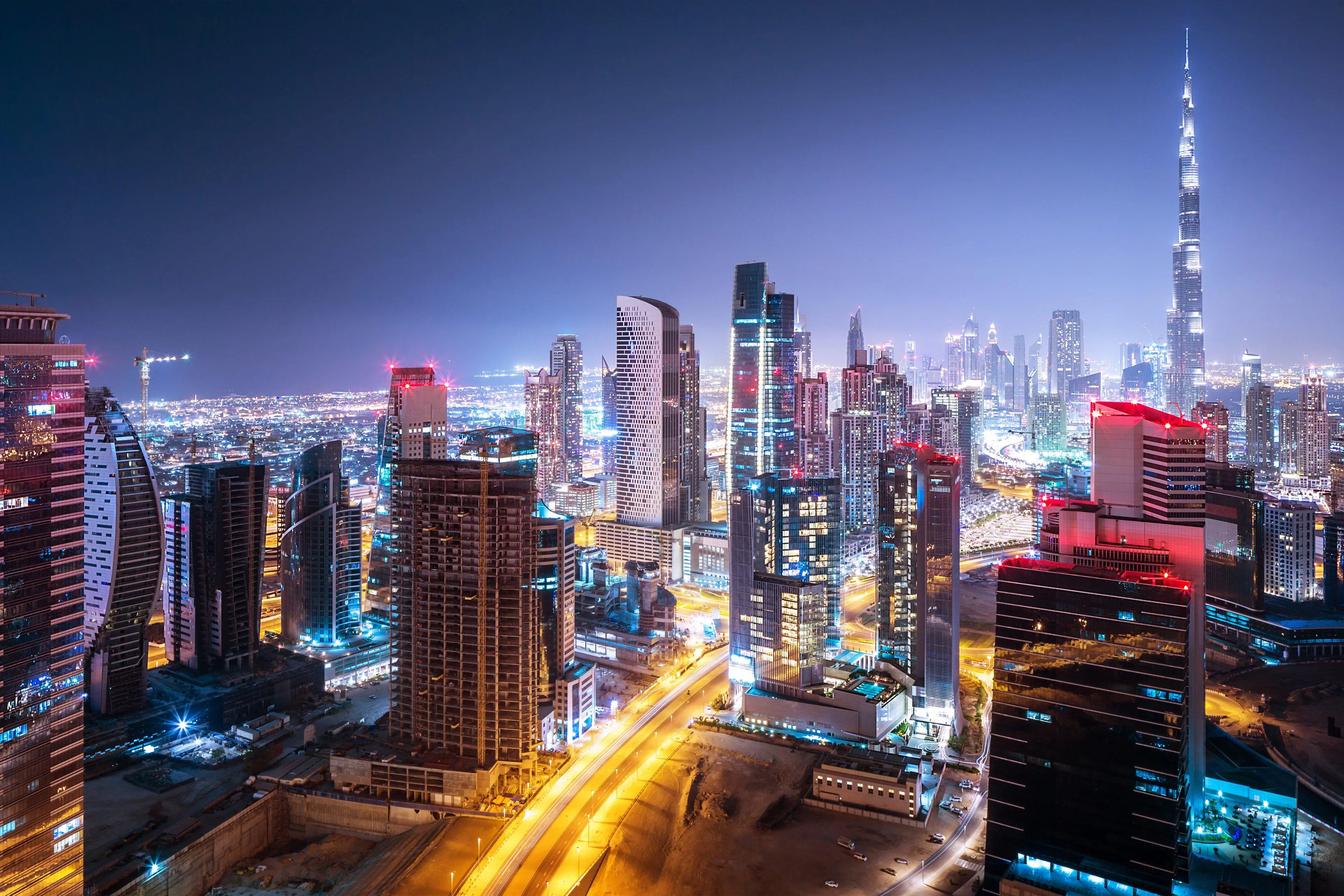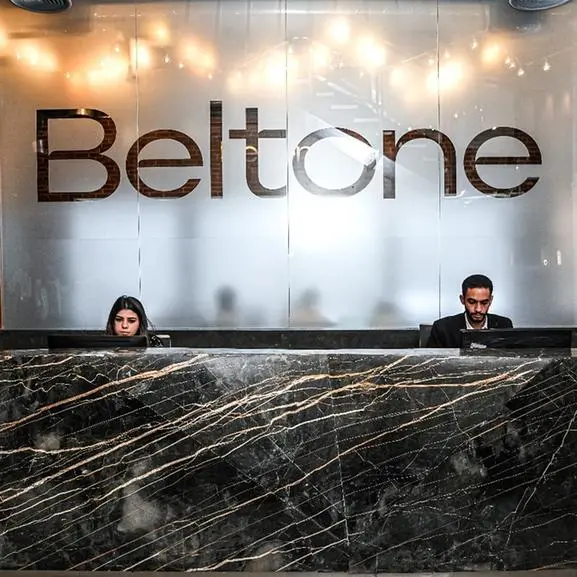PHOTO
The completion of ongoing infrastructure projects in the UAE along with various supportive measures launched by the government in 2020 to revive the economy will have a positive impact on the real estate market going forward, according to leading real estate advisors Savills.
Abu Dhabi witnessed a positive momentum at the beginning of 2020 following the important government measures including the opening of the market to foreign investors allowing them to buy property and land within designated zones, stated Savills in its latest research report analysing the state of the UAE real estate market.
The report provides a comprehensive snapshot and outlook of the residential, office and industrial sectors in Abu Dhabi, Dubai and Sharjah, it added.
Savills Middle East CEO Steven Morgan said: "Real estate activity in the UAE during 2020 was severely disrupted by the Covid-19 pandemic. The lockdown measures introduced following the outbreak of the virus led to a near standstill in transaction activity across all asset classes."
"Sales and leasing activity across office, residential and warehousing developments reached an all-time low. However, as companies and individuals adjusted to the new living and working patterns, we started observing off shoots of growth by end of April and early May," stated Morgan.
"The introduction of stimulus packages by the Central Bank was a shot-in-the-arm to the property market once lockdown restrictions were eased. We witnessed a gradual increase in demand, especially across the residential sector in H2 2020," added Morgan.
According to him, a relaxation in Loan to Value (LTV) laws encouraged more investment appetite into the sector.
Banks also increased their exposure to real estate and the construction sector, and a spike in re-mortgage activity was witnessed due to attractive borrowing rates and other promotional discounts, he added.
Developers utilised this policy to further incentivise buyers with attractive payment plans, discounts and innovative schemes such as rent-to-own. This led to stable transaction activity throughout 2019 and Q1 2020.
However, the drag in the oil economy and investments as well as necessary lockdown measures, severely impacted transaction activity during Q2 2020, which started to gradually recover from Q3 onwards.
In Dubai, the residential sector has performed relatively well despite the lockdown measures and economic hardships brought by the Covid-19 pandemic. A key trend that has emerged in 2020 is the demand for ready units which has outstripped off plan sales for the first time in four years.
The bulk of this demand was observed for villa and townhouse developments as the market witnessed a shift in occupancy patterns away from apartment living, said the property expert.
Sharjahs transaction activity and asset pricing were severely impacted by the pandemic. During the first half of the year, developers were pushed to focus on delivering and handing over existing projects.
As market activity started to gradually recover from Q3 onwards, projects that were nearing completion benefitted from the improved investment activity, it stated.
Additionally, the growing interest and activity in emerging locations such as New Sharjah have remained strong in 2020.
The occupier profile of the capital Abu Dhabi continues to be dominated by companies from the oil and gas sector and government entities, it added.
The drop in demand and price of brent crude oil in 2020 resulted in a very challenging year for the office market with an increase in vacancy levels across office developments and micro-markets.
The demand for office real estate in Dubai remained polarised during 2020. We witnessed existing multinationals negotiating better lease terms with their landlords and a few companies relocating and downsizing to cut cost.
However, a uniform trend that was observed across all companies was the evaluation of their medium to long term office space requirements in the wake of increased flexi-working, including an extended work from home arrangement. New enquiry levels dropped during H1 2020 to gradually recover in H2.
In Sharjah, the demand for office space remained low during 2020 owing to limited corporate demand, lack of new market entrants and the addition of new supply.
However, following close to three years of downward pressure, rents for the most part, amongst the mid-end to high-end markets stabilised during 2020 with only some marginal declines being witnessed across the city.
The demand for office is also gradually shifting towards new developments across New Sharjah. The market is still at a nascent stage, but it is anticipated to evolve as a preferred hub for corporate offices going forward.
Various initiatives that were implemented by the Abu Dhabi Government over the past few years to promote the role of industries in the emirates economy have had a positive impact.
In a recent report on world competitiveness, the capital has been ranked 9th globally and 2nd regionally in economic performance and 12th for government efficiency. It has stepped up its efforts to support the local economy in 2020 as well.-TradeArabia News Service
Copyright 2021 Al Hilal Publishing and Marketing Group Provided by SyndiGate Media Inc. (Syndigate.info).
Disclaimer: The content of this article is syndicated or provided to this website from an external third party provider. We are not responsible for, and do not control, such external websites, entities, applications or media publishers. The body of the text is provided on an as is and as available basis and has not been edited in any way. Neither we nor our affiliates guarantee the accuracy of or endorse the views or opinions expressed in this article. Read our full disclaimer policy here.





















